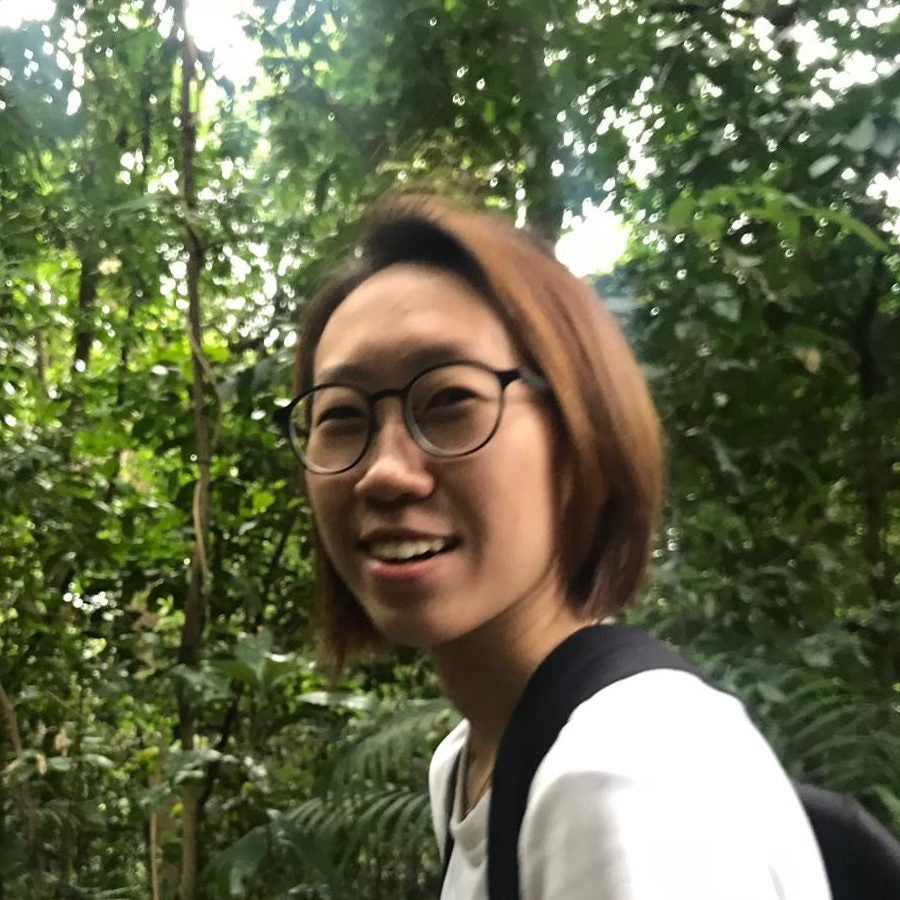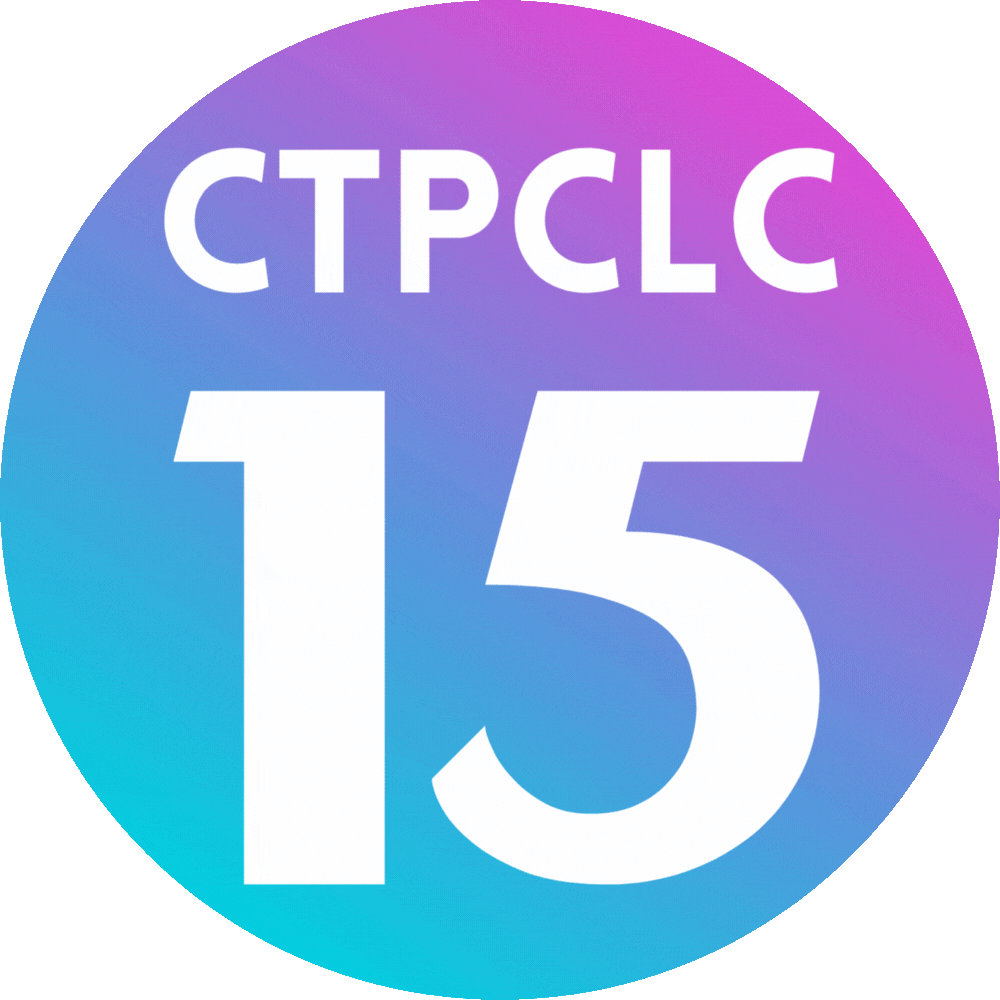Our Fellow Reflections

Faculty of Arts and Social Sciences, Sociology
The principles underlying the OCOS project are lessons I learnt from being a CTPCLC fellow. The project beginnings involved an assessment of needs - a skill that will be shared with fellows - of the autism community, a critical step that directs the creation of projects that meets those needs. It is better if these needs are identified by people from the community itself, such as in OCOS, as they know best. The needs that the OCOS project aims to meet are identified by Brenda, a parent with a 13 year old autistic boy who conceptualized the project. It is partly because OCOS fulfils this principle that I decided to take up the project from Brenda and conduct it in NUS.
Another principle is the sustainability of the project. This relates to another lesson I learnt as a fellow, namely the creation of sustainable solutions to target identified needs. This was also an aspect I considered when I took up the project from Brenda. For OCOS, there is demand for student volunteers. However, how do I ensure that student volunteers will want to join the project so that I have a continuous stream of volunteers to keep the project running? This made me think further about volunteer support and management. I made sure to incorporate elements in the project to make volunteering a better and more supported learning experience.
Apart from learning how to do things better, I also got to meet people who push me to do good. CTPCLC gave me the opportunity to be in the company of people who dared to dream of different solutions. One such example is my friend, Wei jie, a graduated CTPCLC fellow who is the owner of Foreword Coffee. Foreword employs disabled persons, such as those with autism and hearing impairment. Wei jie has a passion in coffee brewing and a strong desire to improve the employment rates of persons with disabilities in Singapore. Two of his current employees are students I supported when I was interning at a special needs school four years ago. My students take a longer time to pick up new things and I am grateful to Wei Jie for his willingness to accommodate people of varying ability levels. Being in the midst of those who dream of a better future with you can encourage you to actively take steps to do good. In the case of OCOS, I found out from Brenda that this programme has been running in Ngee Ann Polytechnic for 11th runs. And if Ngee Ann Polytechnic can do it, why not NUS?
Note: The One Child One Skill (OCOS) programme is an 8-week volunteer project that sends pairs of tertiary students to homes to befriend autistic children/youths and support them in their learning of a skill (e.g washing hands, badminton) over 8 one-and-a-half-hour sessions. The programme recently concluded its 2nd run in NUS in 2018.
OCOS is conceptualized by Ms Brenda Tan, a parent with an autistic son. She is also the author of two books “Come into my world: 31 stories of Autism in Singapore” and “My Way: 31 Stories of Independent Autism”. Since 2013, OCOS has been conducted in only one other tertiary institution in Singapore. Convinced by how the programme effectively meets the needs of the autism community, Pey decided to bring it over to NUS in 2017.


